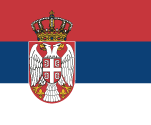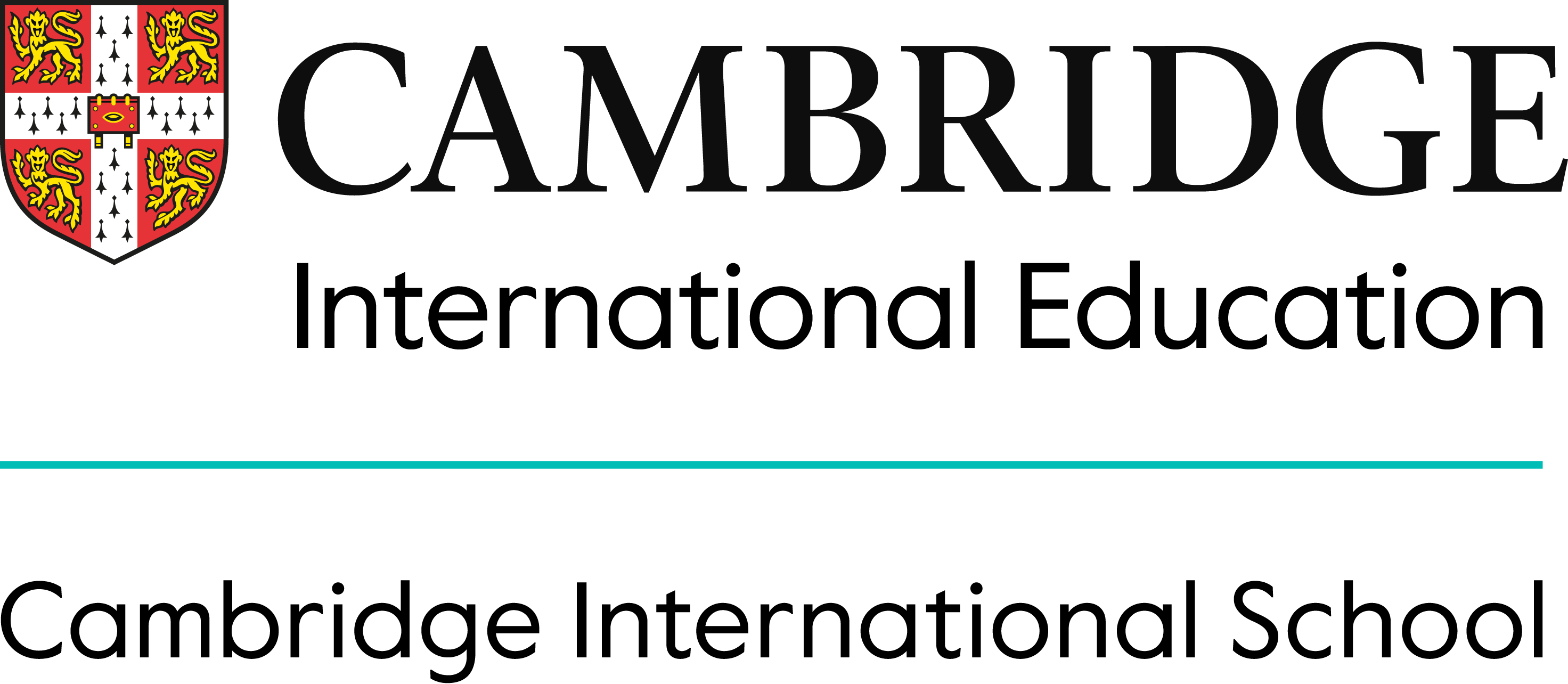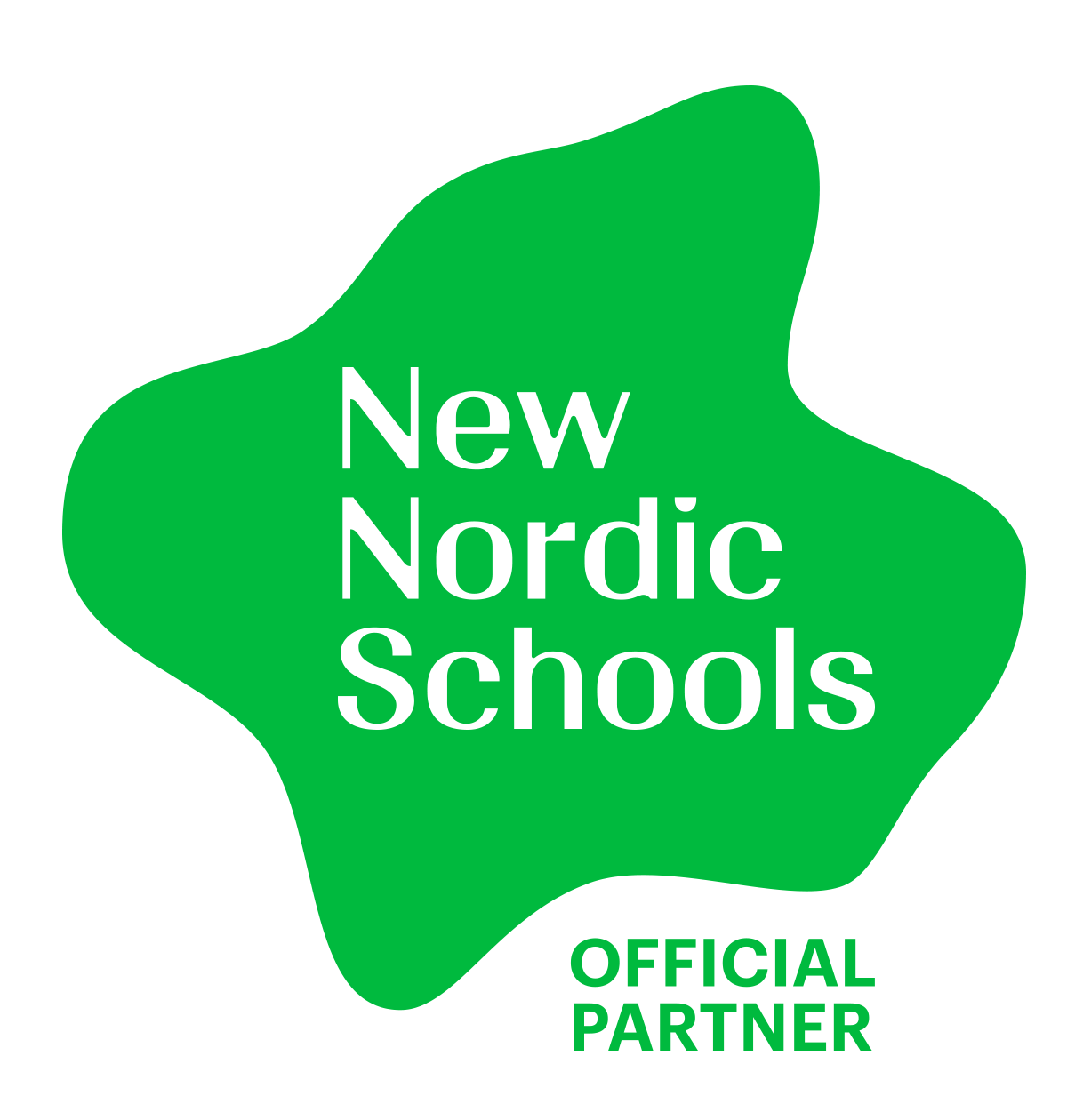
Globetrotters: The role of interactive storytelling
Violeta Nincetovic / / Blog, Erasmus+ / August 5, 2025
Globetrotters: The role of interactive storytelling
Partnership with the European project Globetrotters
Savremena Primary School is proud to announce its partnership with the European project Globetrotters, designed to introduce pupils aged 6 to 9 to a linguistic and cultural journey that goes beyond traditional teaching methods.

A journey around the world through play, language and culture
The Globetrotters project is designed to introduce students from the earliest grades to the magical world of languages and cultures. Through play, movement, songs and engaging tasks, children explore the beauty of cultural diversity while developing curiosity, confidence and openness toward the world around them.
The atmosphere during lessons is cheerful and dynamic — each class is like a small “journey” to a new country and culture. Students actively participate, react with smiles, and help create the content, making learning a true language adventure.
Learning through play as the best way to master a language
The program is based on the idea that children learn best through experience and play. During the Globetrotters activities, students spontaneously adopt new words and pronunciation through games, dialogues, movements and songs.
They learn greetings in different languages, discover traditional symbols, flags and customs, and express their emotions and thoughts through creative tasks. Language learning is not just a goal here — it becomes a natural and exciting process that motivates children to explore and communicate.
Culture as a bridge between children
A key goal of the Globetrotters project is to build intercultural awareness and empathy. Students don’t just learn new words — they learn to understand, respect and celebrate differences. Through stories, traditional songs, short drama sketches and play, children see the world from new perspectives and develop respect for other cultures.
This approach helps them realize that differences are not obstacles but a richness that connects us. It is an important step toward raising global citizens — young people who understand the world and actively take part in it.




